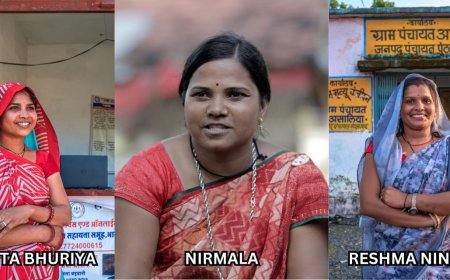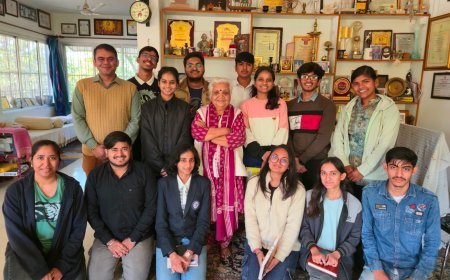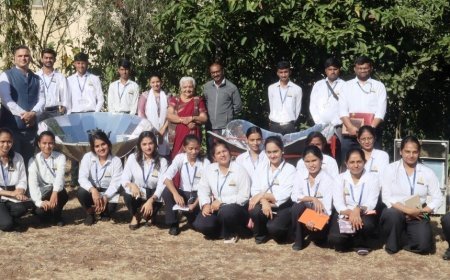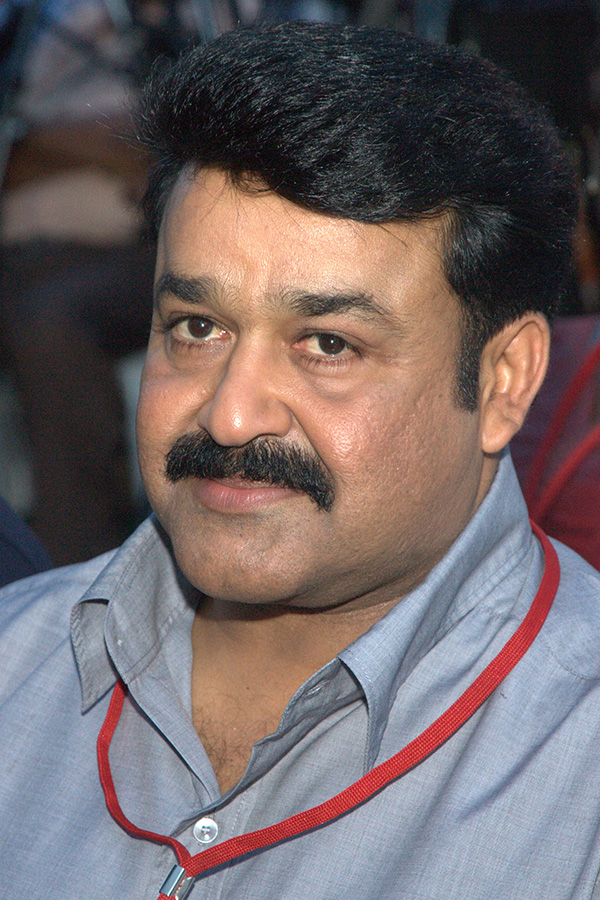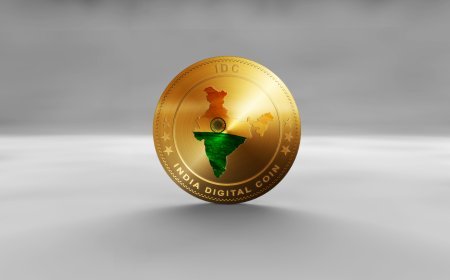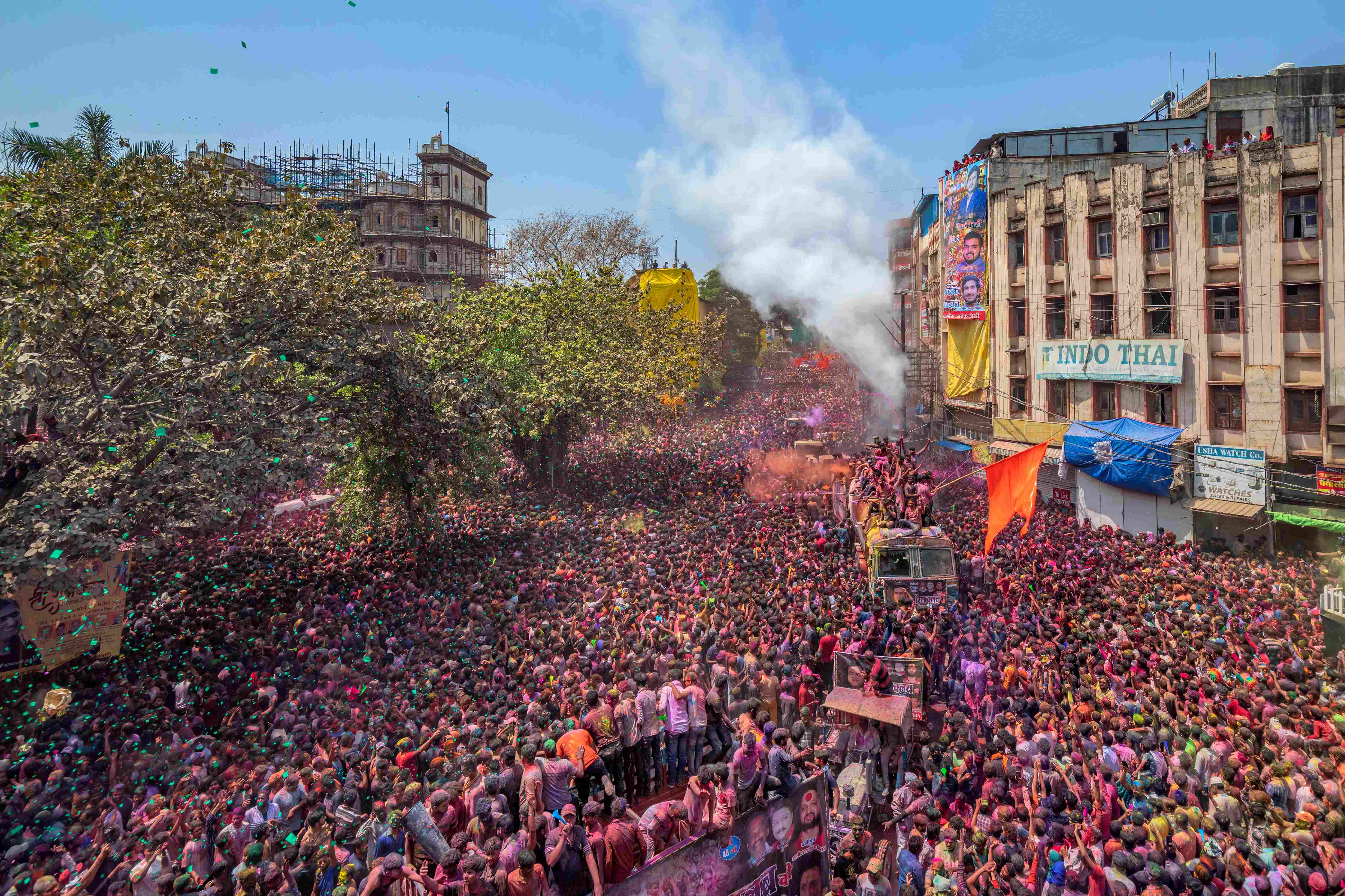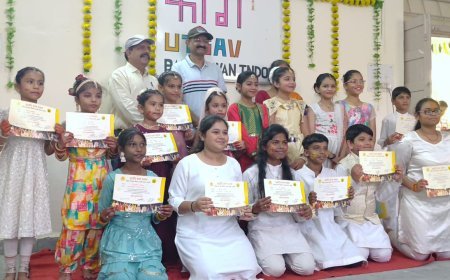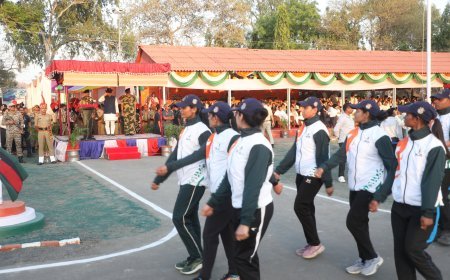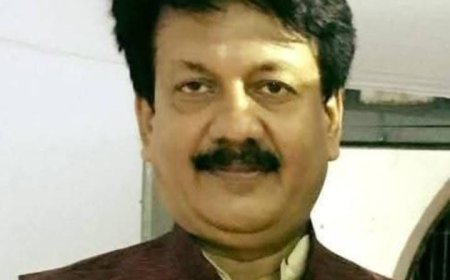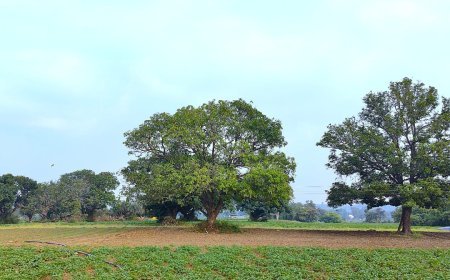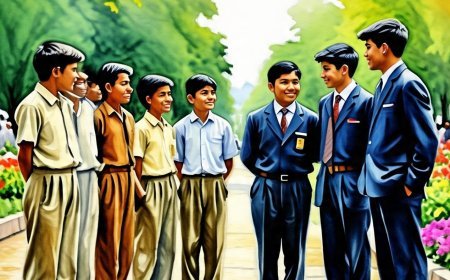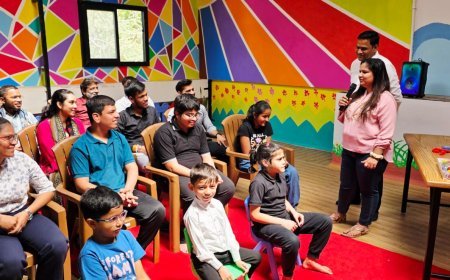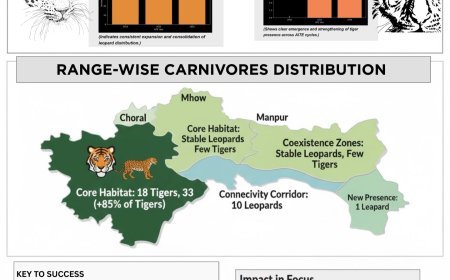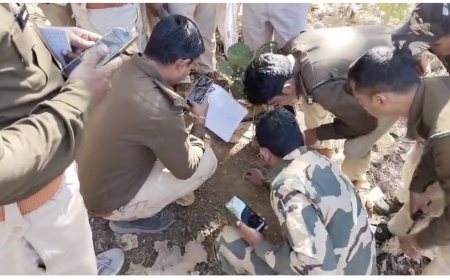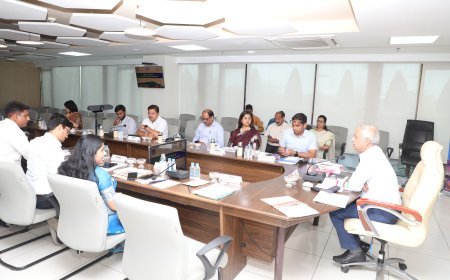Sun-Kissed Flavours and Sustainable Dreams: Solar Food Festival Celebrates Jimmy McGilligan’s Legacy
Over 50 participants showcased solar-cooked dishes at a unique food festival honoring Jimmy McGilligan’s vision for sustainable development in India.
At the Solar Food Festival, more than 50 participants of all ages gathered under the open sky, preparing over 25 delicious dishes—Poha, Pulao, Khichdi, Rasam, Idli, Sambar, Halwa and more—all cooked entirely by the power of the sun. The air was filled with the aromas of traditional Indian food, but what truly warmed hearts was the purpose behind it: celebrating the life and legacy of Jimmy McGilligan, a visionary in sustainable living.
Held at the Jimmy and Janak McGilligan Foundation’s center in Sanawadiya, the festival marked the beginning of the Jimmy McGilligan Memorial Sustainable Development Week. This week-long initiative is now in its 13th year, organized to honor the late Jimmy McGilligan, an Irish-born Baha’i pioneer who dedicated his life to promoting sustainability and empowering rural communities in India.
The event was inaugurated by the Vice Chancellor of Devi Ahilya Vishwavidyalaya, Rakesh Singhai, who expressed admiration for the McGilligans' lifelong dedication to sustainable development. "This solar kitchen is a living example of what a sustainable future looks like. It brings people together with purpose, passion, and the power of the sun," he said.
Janak Palta McGilligan opened the festival with a Baha’i prayer and spoke of the origins of solar cooking in Indore. It began in 1998, with the support of the School of Energy at DAVV. Since then, she and Jimmy worked hand in hand, spreading solar technology and awareness across rural India. Over the past four decades, more than 1.83 lakh people have visited their center to learn how to live a zero-waste lifestyle using sustainable solar technologies.
Among the crowd were familiar faces from the city—solar engineers, chefs, educators, environmentalists, and community leaders—all united by a shared belief in sustainability. Children from the Arunabh Institute also joined the festivities, actively participating in the cooking process, proving that sustainability has no age limit.
The Vice Chancellor stressed the urgent need for innovation, research, and investment in solar cookers. “We have an abundant and natural source of thermal energy. If harnessed properly, it can revolutionize lives, especially in rural India. But to make solar cooking mainstream, we need more training, better designs, and public awareness.”
As conversations simmered around solar stoves and the sun worked its quiet magic on pots of steaming rice and bubbling sambar, one thing was clear: this wasn’t just a food festival. It was a celebration of vision, resilience, and hope—a tribute to a man whose legacy continues to light the way, one solar-cooked meal at a time.
